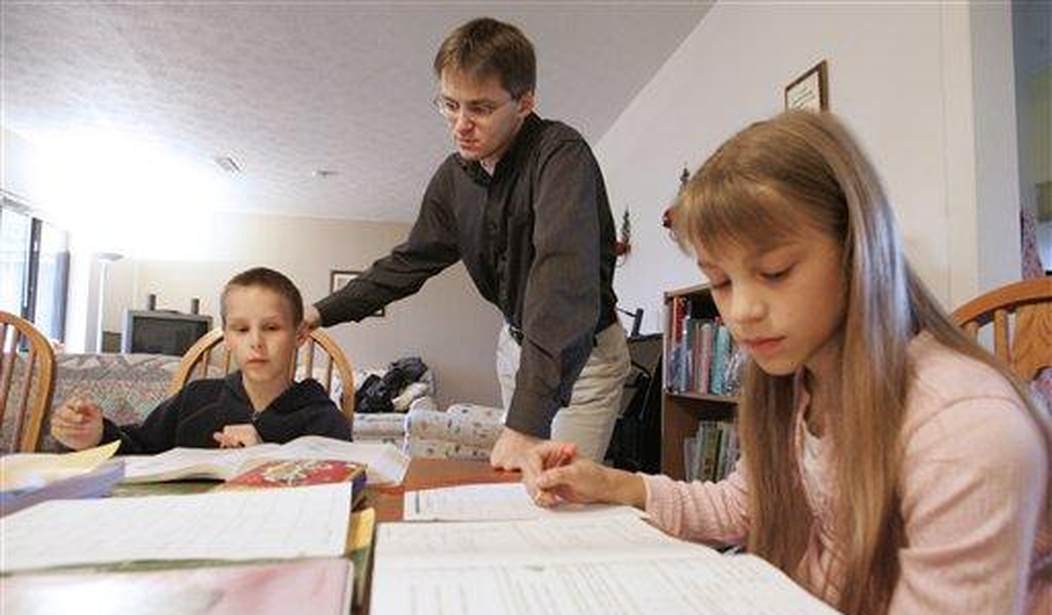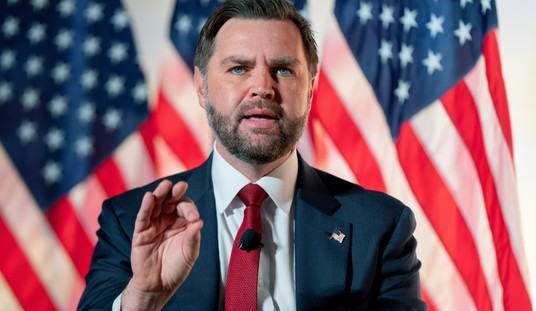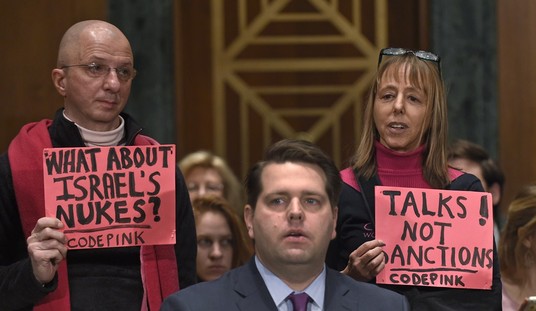Education became a hot-button issue over the course of 2021 when parents realized their children’s schools were teaching more than the usual reading, writing, and ‘rithmetic. Because of the COVID-19 pandemic and the subsequent transition to online classes, parents were more privy to what their children were being taught since they were learning from home.
There were at least two different positive things to come out of the pandemic. First, parents discovered that teachers were infusing their lessons with problematic material. They were introducing concepts derived from Critical Race Theory (CRT) into many of their lessons.
The woke ideology prompted such practices as separating students – and even faculty members – by skin color during various lessons and diversity trainings. It labeled white students as “oppressors” and minorities as “oppressed.” This is just a sampling of the type of pedagogy schools are implementing in the classroom. Even beyond the racial material, progressive ideas regarding sexuality are also being promoted in schools across the nation.
The second benefit to come out of the pandemic is an increase in homeschooling. After going through online learning, many parents realized that educating their children at home was doable. The U.S. Census Bureau reported a significant increase in homeschooling. From the report:
In the first week (April 23-May 5) of Phase 1 of the Household Pulse Survey, about 5.4% of U.S. households with school-aged children reported homeschooling.
By fall, 11.1% of households with school-age children reported homeschooling (Sept. 30-Oct. 12). A clarification was added to the school enrollment question to make sure households were reporting true homeschooling rather than virtual learning through a public or private school.
That change represents an increase of 5.6 percentage points and a doubling of U.S. households that were homeschooling at the start of the 2020-2021 school year compared to the prior year.
But not everyone is happy about the sudden uptick in families choosing to homeschool their children. Even more, at least one state government is looking at legislation that would get the government more involved in the lives of those who homeschool. The Daily Signal reported:
Maryland Delegate Sheila Ruth, a Baltimore County Democrat, recently proposed legislation in the Maryland House of Delegates that would create a deeply worrisome “advisory council” to watch over and gather data on homeschool families.
The 16-seat council would be staffed by four political appointees, four government officials, and eight members of the homeschool community. It would “gather information on the needs of homeschool parents and homeschool umbrella schools,” and would effectively sweep homeschool parents under the wing of a government agency.
Naturally, this has raised eyebrows among the state’s homeschooling community. Indeed, conservative columnist Bethany Mandel, a homeschooling mother living in Maryland, expressed concern over the proposed legislation. She tweeted:
Hi @SheilaRuthD44B – Maryland homeschool mom here. Just saw HB832 to create a “homeschool advisory council.” Extremely troubled by its contents, and request that you withdraw it from consideration. Will be alerting my wide local homeschool network to contact you to ask the same.
Hi @SheilaRuthD44B – Maryland homeschool mom here. Just saw HB832 to create a "homeschool advisory council." Extremely troubled by its contents, and request that you withdraw it from consideration. Will be alerting my wide local homeschool network to contact you to ask the same.
— Bethany S. Mandel (@bethanyshondark) February 6, 2022
Mandel explained to The Daily Signal that while the legislation seems anodyne, it could lead to unfavorable consequences for homeschooling parents. “They’ll pass more restrictive rules on us and say, ‘It was suggested by homeschooling families themselves! We have a council!’ (That they chose.),” Mandel insisted.
The Home School Legal Defense Association, a legal support group for homeschoolers also criticized the idea of creating an advisory board. In a statement published on its website, the group speculated that “[t]his bill would create a quasi-official source for information on homeschooling, which would, in turn, minimize the effectiveness of grassroots homeschool groups and individual advocates.”
The statement continued:
Homeschooling has thrived for decades without government assistance. Instead of creating a new bureaucratic entity to gather information on the needs of homeschool programs, HSLDA encourages government entities and actors to respect homeschooling programs by preserving liberty and avoiding unnecessary regulation.
Those supporting the idea that parents should be the primary decision-makers in how their children should be educated seem to have valid cause for concern. There are people – mostly on the left – who seek to limit, or even abolish, parents’ ability to homeschool their children. In 2020, Harvard Magazine published an interview with Elizabeth Bartholet, Wasserstein public interest professor of law and faculty director of the Law School’s Child Advocacy Program, who seeks to ban the practice, arguing that it violates children’s right to a “meaningful education.”
She complained that homeschooling is “an essentially unregulated regime in the area of homeschooling” and that “if you look at the legal regime governing homeschooling, there are very few requirements that parents do anything.”
Bartholet also told the magazine that since only a dozen states have rules regarding the level of education required for homeschooling parents, “people can homeschool who’ve never gone to school themselves, who don’t read or write themselves.”
The professor also argued that public schools are more desirable because teachers are “mandated reporters,” meaning they are required by law to contact the authorities if they see evidence of child abuse. “Teachers and other school personnel constitute the largest percentage of people who report to Child Protective Services,” she said.
But is this a valid reason to prohibit parents from deciding how their children should be educated? For starters, despite teachers being mandated reporters, there are still a disturbing number of children being mistreated, even in schools. However, studies have shown that children who are homeschooled fare much better than those attending public schools. The National Home Education Research Institute (NHERI) noted that homeschooled children “typically score 15 to 30 percentile points above public-school students on standardized academic achievement tests,” and that “78% of peer-reviewed studies on academic achievement show homeschool students perform statistically significantly better than those in institutional schools.”
Despite the fact that homeschooling is far superior to public schools, far-leftists like Bartholet and many others oppose it. This is because they subscribe to the progressive idea that children should not belong to their parents, they should belong to the state. The government, and the government alone, should be the entity to educate the nation’s children. It is why people like failed Virginia gubernatorial candidate Terry McAuliffe and MSNBC’s Joy Reid believe parents should have no say in how their children are educated. To them, the state is the only one who can be trusted to determine how students learn.
Of course, this idea isn’t popular with the majority of parents, regardless of how they vote. The Maryland proposal might be based on good intentions. But one of the main reasons why parents choose homeschooling is precisely because they do not have confidence that the government is the most effective way to educate their children. The establishment of an advisory council opens the door to more government involvement, which, given its track record, would have a disastrous impact on education.
Hopefully, this proposal will be defeated. Even if it is, this story should serve as a cautionary tale to those who homeschool. Paying attention to your state government is essential to ensuring they don’t slip questionable bills by the public.












